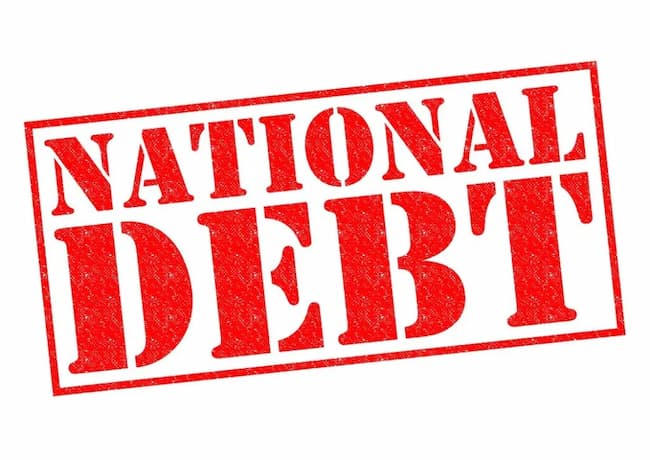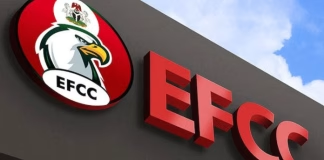The Federal Government spent 80.35 percent of the revenue generated on servicing debt in the past 17 months.
From January 2020 to May 2021, the Nigerian government spent N4.23 trillion on repayment of debt collected from domestic and foreign sources, according to the documents on budget implementation obtained by BizWatch Nigeria from the Budget Office.
Within the same period, the federal government generated a total revenue of N5.26 trillion.
All through 2020, the federal government paid N2.43 trillion to creditors out of N3.42 trillion revenue it generated from the oil and non-oil sectors, representing 71.1 per cent of its revenue during that period.
Also, from January to May this year, the government paid N1.8 trillion to service debts out of N1.84 trillion revenue it generated, representing 97.8 percent of the total revenue generated.
READ ALSO: Dangote Refinery Gets New Local Customer
Nigeria’s Debt Stock Now N33.11 trillion
Nigeria’s total debt stock rose by N191 billion in the first quarter of this year, according the latest data from the Debt Management Office (DMO).
The DMO said the debt stock rose to N33.11 trillion as of the end of March 2021 from N32.916 trillion in December 2020.
It said the country’s external debt however reduced due to the redemption by Nigeria of the $500million Eurobond in January.
The debt office said, “Total public debt stock, which comprises the debt stock of the Federal Government of Nigeria, 36 state governments and the Federal Capital Territory, stood at N33.107 trillion or $87.239billion.”
Earlier this year, the Minister of Finance, Zainab Ahmed, stated that overall budget deficit of N5.6 trillion for 2021, would be financed mainly by borrowings.
READ ALSO: NCC Earns N150bn From Spectrum Fee in Five Months
According to her, N2.34 trillion will be borrowed from domestic and foreign sources each, N709.69 billion from multilateral and bilateral loan drawdowns, while privatisation proceeds would provide N205.15billion.
The minister stated that at N3.32 trillion, debt service this year is 24.5 per cent of total expenditure, and 12.6 per cent higher than 2020 revised budget.
Nigeria’s Revenue Problem
Nigeria operates an oil-dependent economy but has continued to record dwindling revenue over the years.
This is as a result of the bottlenecks with its sale of crude oil due to declining demand and discovery of Shale oil by the United States, which is its largest export market.
For instance, Nigeria’s revenue from the export of crude oil in 2020 crashed by 35.7 per cent amid low demand for the commodity and OPEC production cuts last year.
Although Nigeria’s total production capacity is 2.5 million barrels per day, crude production is about 1.4mbpd (slightly short of the OPEC+ production quota), and an additional 300,000bpd of condensates, totalling about 1.7mbpd.
As such, the government every year bridge budget deficit with borrowing from domestic and external sources.
READ ALSO: SERAP Sues Buhari, Demands Details Of $25bn CBN Overdrafts
This means the government rely on debt borrowing to fund its operations.
Ahmed had last week during her presentation of the Draft 2022–2024 MTFF/FSP: Public Consultation, said non-oil revenue performance had been impressive and heading in the right direction and that efforts to boosting non-oil revenue will be sustained.
She added, “High costs, including PMS under-recovery and cost of securing oil pipelines, are however weighing down on oil revenues.”














